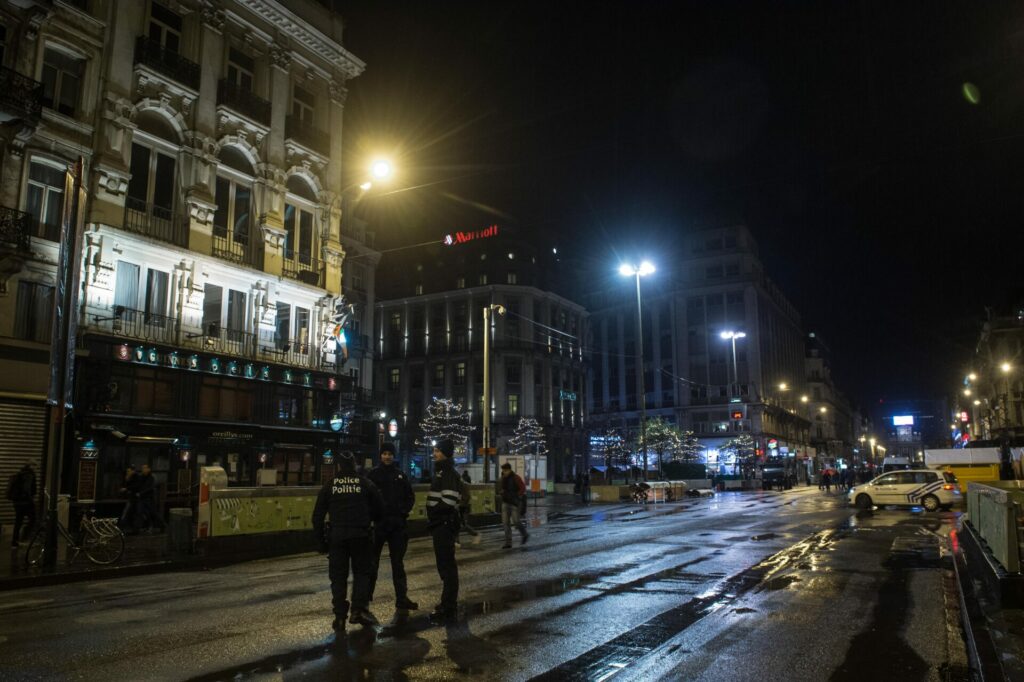The Brussels Government announced on Saturday it would be releasing €250,527 to support four civil society projects that fight against sexual harassment and violence in nightlife, reports Bx1.
Following a call for projects launched on 1 March, four projects were selected by equal.brussels, the Brussels Night Council and the Institute for Equality between Women and Men for funding.
The successful associations are Z! with their Plan SACHA Training project, Modus Vivendi and its training kit, Brussels By Night Federation through the platform "We care (about each other)" and finally, the Osmose collective and its awareness-raising project.
SACHA training
For the Plan SACHA training, €70,065 euros will be granted to the association to boost the project which focuses on three main points: training in the organisation of festive events, awareness-raising in the field and psychological care for victims.
Within the training, several aspects will be presented, in particular the analysis of violence, the management of victims, and awareness-raising for teams and the public.
Modus Vivendi
The largest budget will be allocated to Modus Vivendi with €70,629 to be spent on its training programme. It will consist of providing kits to nightlife industry in order to better respond to problems related to sexist and sexual violence or gender-based violence. These kits could also be used with SACHA training courses.
We Care Platform
For the We Care Platform, according to a press release from the Secretary of State for Equal Opportunities, Nawal Ben Hamou, the €60,145 granted to the platform will be aimed at a number of points, such as Supporting bars, clubs and parties in developing their policy against harassment and sexist and sexual violence, raising awareness in the sector on issues of harassment and gender-based violence.
Furthermore, money will also go towards the dissemination of information on the SACHA Plan and Safe Ta Night projects to the nightlife sector, in the context of the aim to promote the culture of consent in festive environments, by providing a toolkit for trainers of nightlife workers on issues related to submission and/or chemical vulnerability.
There will also be money going towards setting up a group of trained people ("Care Team") who can intervene directly in the nightlife sector to activate prevention and action protocols.

